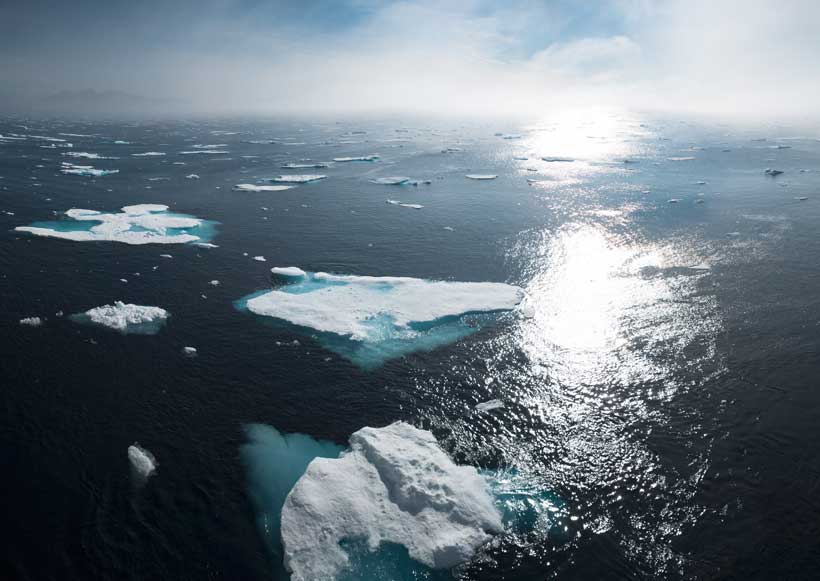Climate change poses a grave threat to the existence of life on Earth. The rising temperature is causing enormous damage to the environment and lives. A new study has said that the rising temperature in the Antarctic Peninsula is a matter of serious concern for humanity. The next 25 years will see a sharp jump in the temperature in the region which is house to a string of bedrock islands. The study predicted that temperature in the region will rise by almost 0.5 to 1.5 degrees Celsius by 2044. It blamed the climate change menace for this stiff rise. The temperature rise will result in the melting of glaciers and ice shelves. This will directly affect the levels of world oceans.
The study noted that Antarctic Peninsula is regarded as sensitive to global warming. It is one of the fastest-warming areas on Earth since the mid-90s. The entire region is covered in mountains. The highest peak is about 10,600 feet. The present climate models to study the impact of rising temperature overlook the nuances of how the menace affects the peninsula. Researchers studied the past data to say that Antarctic temperature will rise considerably in the next two decades. The study said that the greatest increase of 2 degrees Celsius will happen in the Antarctic fall and winter. It added that more trouble will come during the summer. It will result in doubling the threat to glaciers and ice.
Another study said that the melting of Antarctic ice is contributing massive amounts of water to the seas. But the melt is not consistent as previously predicted by scientists. An analysis of 20 years of data shows that ice melts at different rates. The melting rate depends on the season and year. When the region witnesses extreme snowfall, the amount of ice is increased. Any adverse changes in the atmosphere sometimes speed up the melting. However, overall the volume of ice is decreasing. Antarctica is home to the world’s largest ice fields.
